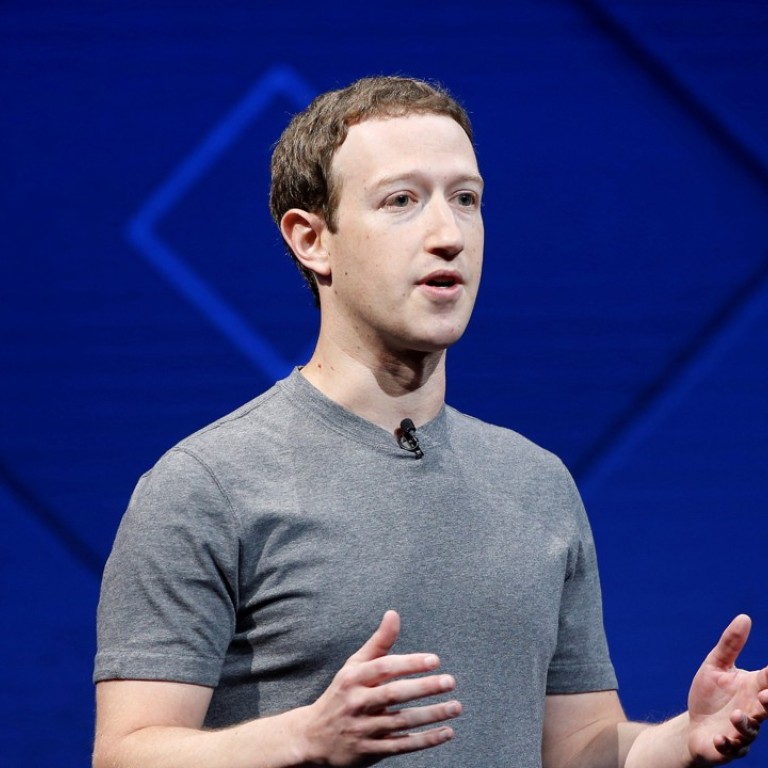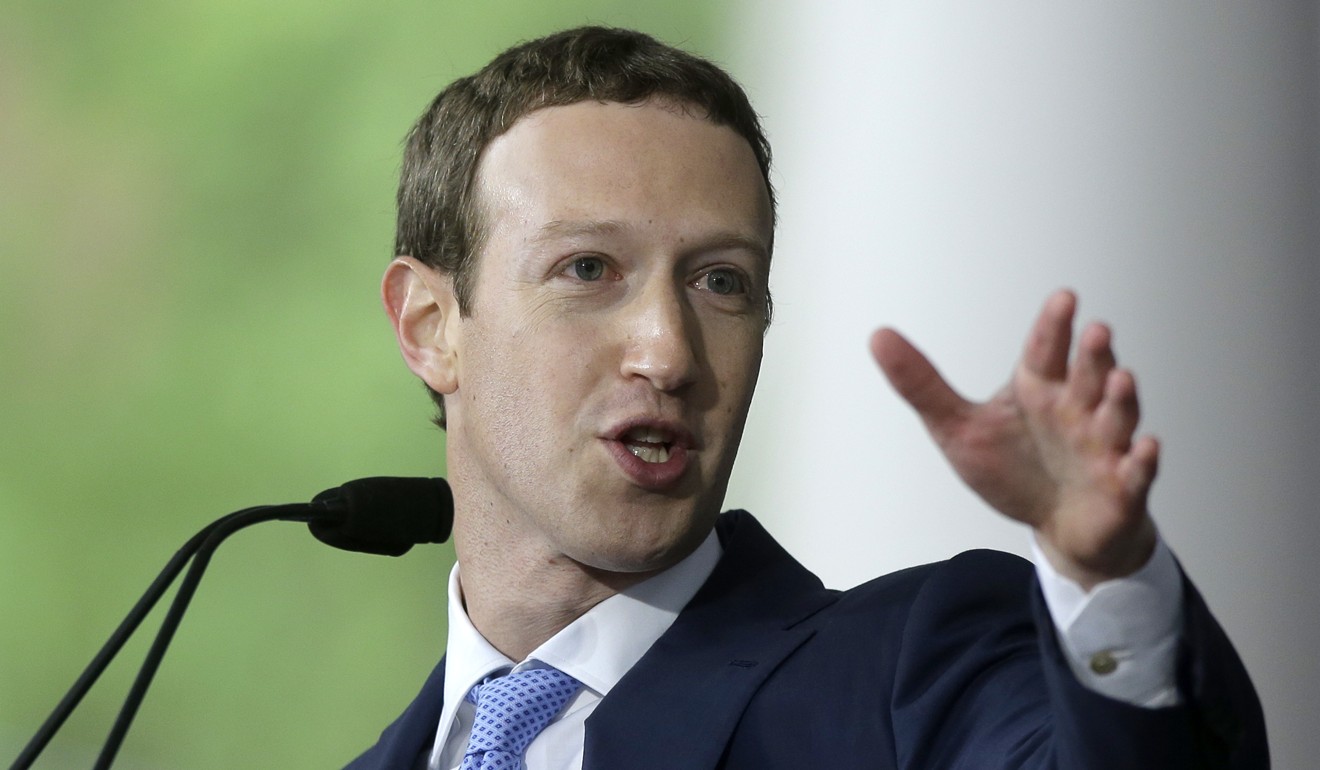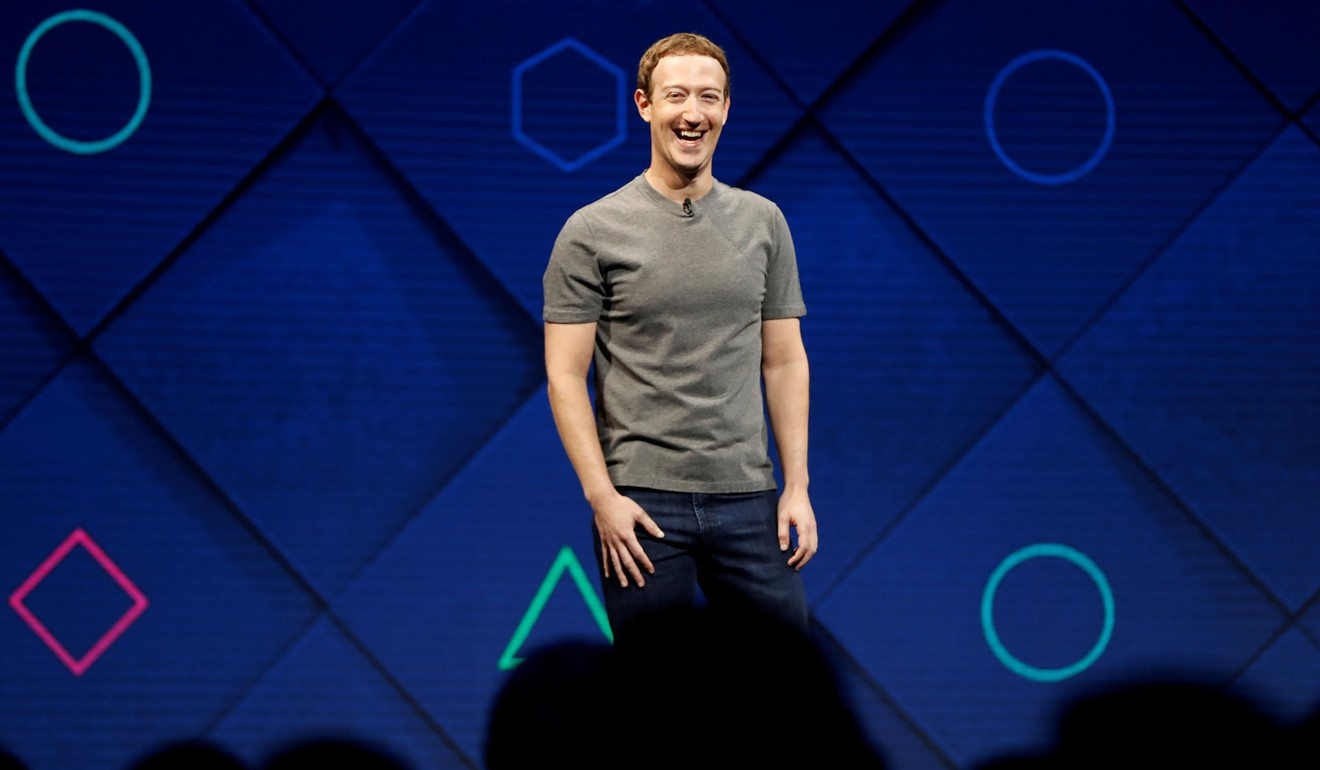
Mark Zuckerberg promises to ‘fix Facebook’ and protect from ‘interference by nation states’
Mark Zuckerberg has announced that he intends to “fix Facebook” in 2018, to - among other things - defend the site against “interference by nation states”.
His remarks come after a year in which the company has come under fire for allowing “fake news” to proliferate, creating echo tunnels through targeted posts, and selling ads to people believed to be Russian agents trying to influence the US election.
“The world feels anxious and divided,” the CEO said in a post on the site on Thursday, “and Facebook has a lot of work to do – whether it’s protecting our community from abuse and hate, defending against interference by nation states, or making sure that time spent on Facebook is time well spent.
“My personal challenge for 2018 is to focus on fixing these important issues.”
In response, much of the internet said Zuckerberg is challenging himself to spend 2018 doing his job.
Zuckerberg said Facebook makes “too many errors enforcing our policies and preventing misuse of our tools.”
“If we’re successful this year we’ll end 2018 on a much better trajectory,” he said. “This may not seem like a personal challenge on its face, but I think I’ll learn more by focusing intensely on these issues than I would by doing something completely separate.”

In fact, it’s a resolution that should probably be the goal for any business leader, as more than a few tech observers pointed out.
“Zuck’s personal challenge this year isn’t about learning Mandarin or killing his own food. He’s going to do what CEOs do: Fix the problems at his company,” Recode’s Kurt Wagner said on Twitter.
In his post, Zuckerberg wrote: “A lot of us got into technology because we believe it can be a decentralising force that puts more power in people’s hands.
“Back in the 1990s and 2000s, most people believed technology would be a decentralising force. But today, many people have lost faith in that promise.
“With the rise of a small number of big tech companies – and governments using technology to watch their citizens – many people now believe technology only centralises power rather than decentralises it.”
He continued: “There are important counter-trends to this – like encryption and cryptocurrency – that take power from centralised systems and put it back into people’s hands.
“But they come with the risk of being harder to control. I’m interested to go deeper and study the positive and negative aspects of these technologies, and how best to use them in our services.”

In response to his post, thousands of commenters urged the Facebook founder to find a way to prevent hacking, cyberbullying and social media scams to help make it a safer space for users.
Others want more privacy.
“I like the idea of ‘decentralising’ power,” one person commented on the post. “I absolutely do not think governments have a right to snoop on us anonymously.
“A discussion on this issue needs to take place. Too often innocent people are singled out for harassment and that is not right.
“I agree that Facebook and other social media platforms have been a positive development in connecting people. I encourage your attempts to fix things to make for better connections and less snooping by governments.
“I do not however feel comfortable that social media organisations have the right to collect data on its account holders albeit attractive for advertisers. I think there needs to be a discussion around that too.”

